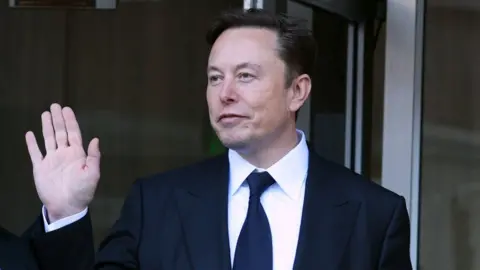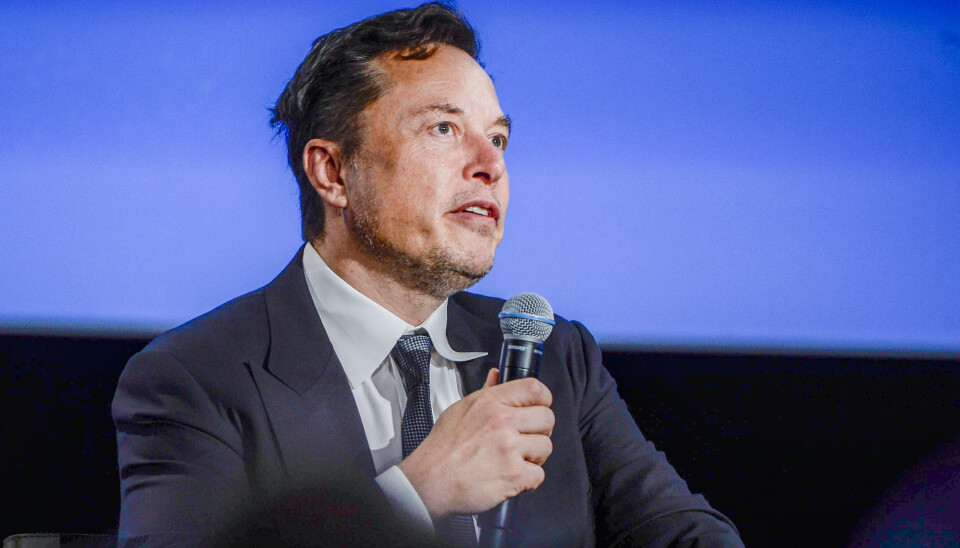
Elon Musk, the billionaire CEO of Tesla and SpaceX, has made headlines once again for his philanthropic endeavors. According to a regulatory filing made public on Tuesday, Musk donated 268,000 Tesla shares to charitable organizations in the final days of 2024.
With Tesla’s stock trading at roughly $240 per share at the time, the donation is valued at approximately $64.3 million. This substantial gesture comes as no surprise given Musk’s history of sizable year-end donations, though the lack of transparency regarding the recipients has sparked discussion about his philanthropic strategy.
Musk has frequently used Tesla shares as a vehicle for his charitable giving, a method that offers both financial and strategic advantages. By donating stock rather than cash, Musk can sidestep capital gains taxes, which would otherwise apply if he sold the shares outright.

Moreover, the full market value of the shares can often be deducted from his taxable income, providing a significant incentive for such contributions. These tax-efficient methods are common among billionaires, but the sheer scale of Musk’s donations continues to set him apart.
The identity of the recipient charities remains undisclosed, consistent with Musk’s previous approach to philanthropy. In early 2024, he donated Tesla shares worth nearly $1.9 billion to unnamed causes.
While these contributions bolster his reputation as one of the world’s most generous individuals, critics have raised concerns about the opacity surrounding how the funds are used and whether they align with the pressing needs of global issues.
Musk’s reluctance to disclose specifics contrasts with other high-profile philanthropists who publicly champion causes such as education, healthcare, or climate change.
Despite this, Musk’s donations reflect a growing commitment to philanthropy, a relatively recent development for the entrepreneur. For years, Musk was criticized for not engaging in charitable activities at the same scale as his billionaire peers.
This began to change significantly after 2021, when Musk signed the Giving Pledge, a commitment by the world’s wealthiest individuals to donate the majority of their fortunes to address societal challenges. Since then, Musk has increased his philanthropic output, though questions about the focus and impact of his giving persist.

One area where Musk’s influence is undeniable is his dedication to advancing technology and addressing existential risks. Through his Musk Foundation, he has supported causes such as renewable energy research, disaster response, and projects aimed at ensuring humanity’s long-term survival.
In 2022, for example, the foundation donated $5 million to Khan Academy to support free online education and pledged millions more for climate-focused initiatives. However, the foundation operates with minimal public disclosure, fueling skepticism about its overall impact.
The timing of Musk’s latest donation has also reignited discussions about the role of ultra-wealthy individuals in philanthropy and the broader implications of their charitable practices. Critics argue that while billionaires’ donations are substantial, they often pale in comparison to the wealth they accumulate each year.

Furthermore, stock-based donations can be seen as a way to maintain influence while avoiding more substantive financial sacrifices. For example, even after donating billions of dollars’ worth of Tesla shares in recent years, Musk remains the largest shareholder in the company, with his control over its operations and strategic direction unaffected.
Supporters, however, view Musk’s contributions as a testament to his belief in using wealth to address critical challenges. They argue that his focus on technological innovation, renewable energy, and space exploration has the potential to yield transformative benefits for humanity.
Unlike traditional charitable efforts that often aim to alleviate immediate problems, Musk’s philanthropy is seen as a long-term investment in solutions that could redefine the future.
This latest donation also underscores Musk’s complex relationship with public perception. As one of the most polarizing figures in business and technology, he is simultaneously celebrated as a visionary and criticized for his unorthodox leadership style and frequent controversies.

His philanthropic gestures, while substantial, often spark as much debate as his ventures into electric vehicles, space exploration, and social media.
Ultimately, Musk’s $64.3 million donation adds another layer to his multifaceted public persona. While the specifics of the charities and their missions remain unclear, the sheer size of the contribution reinforces Musk’s status as one of the most influential philanthropists of our time.
Whether this move inspires greater transparency or deeper scrutiny of billionaire philanthropy remains to be seen, but it undoubtedly cements Musk’s place in the ongoing conversation about wealth, influence, and responsibility in the 21st century.
-1742616189-q80.webp)
-1742673438-q80.webp)
-1742617088-q80.webp)
-1742671723-q80.webp)